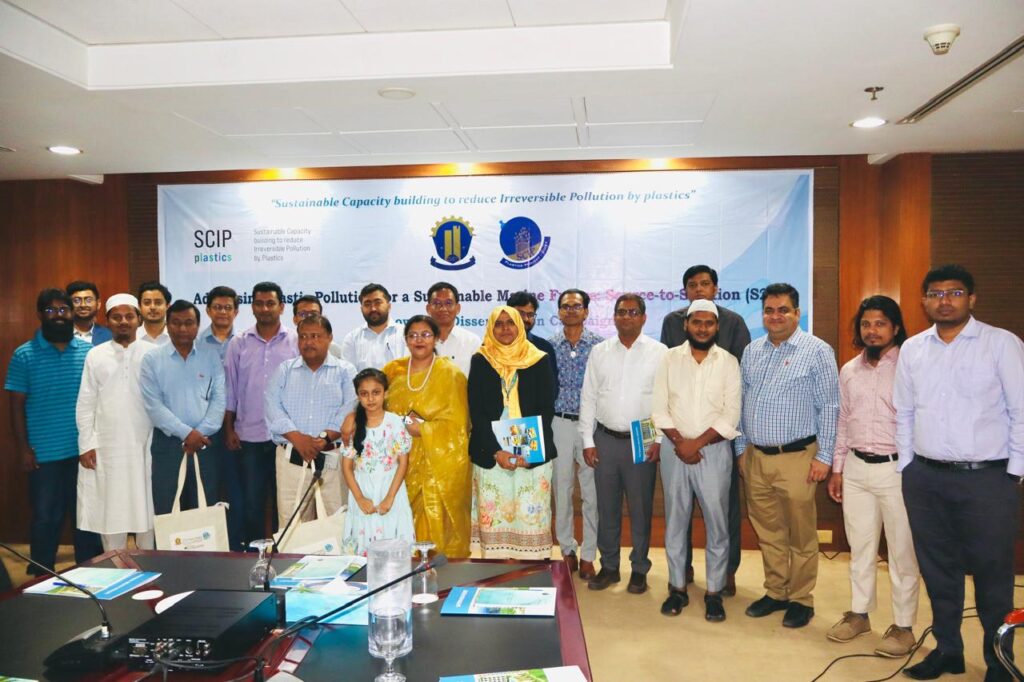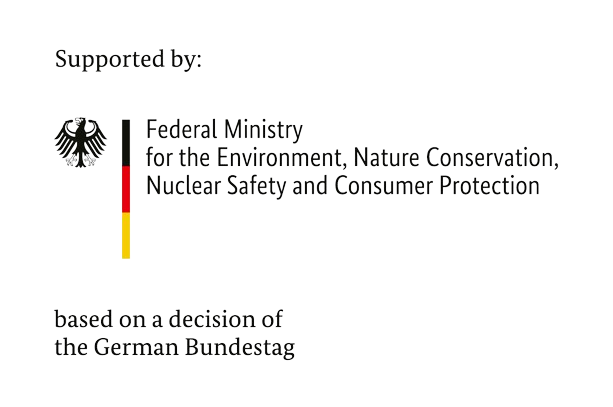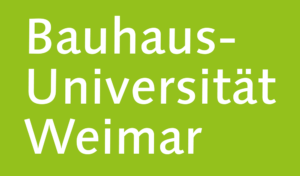COX’S BAZAR, May 4, 2025 — A knowledge dissemination campaign titled “Addressing Plastic Pollution for a Sustainable Marine Future: Source-to-Solution (S2S)” was held at the Sayeman Beach Resort in Cox’s Bazar on Saturday. The event was organized by the SCIP Plastics Project under the Department of Civil Engineering at Chittagong University of Engineering and Technology (CUET), with support from Bauhaus-Universität Weimar and the German Federal Ministry for the Environment, Nature Conservation, Nuclear Safety and Consumer Protection.
The campaign brought together a diverse group of stakeholders, including government officials, environmental experts, and representatives from national and international organizations. Distinguished guests included Md. Ibney Mayaz Pramanik, Executive Engineer of the Department of Public Health Engineering (Cox’s Bazar), Prorakram Chakma, Executive Engineer of Cox’s Bazar Municipality, Jamir Uddin, Deputy Director of the Department of Environment, and town planners Tayfur Rahman and Md. Abdul Kader from the Cox’s Bazar Development Authority.
Participants also represented prominent organizations such as UNHCR, YPSA, NGO Forum, World Vision, and BRAC.
The event commenced with a recitation from the Holy Quran, and a brief introduction and video presentation about the SCIP Plastics Project. Prof. Dr. Mst. Farzana Rahman Zuthi, Scientific Director of the project at CUET, delivered the welcome address.
Key highlights of the event included technical talks on the investigation of marine plastic pollution in Bangladeshi ports and the potential of jute as a sustainable alternative to plastic. The sessions were followed by round-table discussions and an interactive Q&A, fostering dialogue on collaborative approaches to tackling plastic pollution.
The campaign aimed to raise awareness of the detrimental effects of plastic waste on the marine ecosystem and promote innovative, sustainable solutions. Discussions emphasized the importance of source reduction, improved waste management systems, and the development of biodegradable alternatives such as jute.




